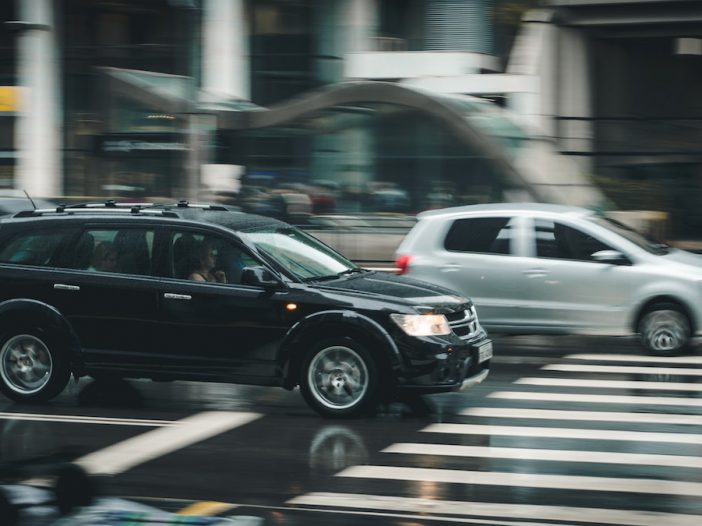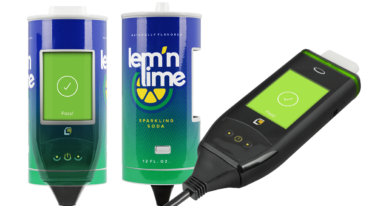
Is a DUI a Traffic Violation?
According to data from the Federal Highway Administration, the U.S. has over 212 million licensed drivers age 16 or older. In 2015, about 1.1 million drivers were arrested for driving under the influence of alcohol or other narcotics.
Alcohol-impaired driving is sadly an incredibly common occurrence, and many people wonder if it’s just a traffic violation or something more. Read on to find out.
Understanding Traffic Violations
Traffic violations refer to any crime that involves a driver breaking any of the laws regulating the operation of vehicles on streets and highways. Most traffic violations are issued for strict liability offenses. This essentially means that you do not need to demonstrate any criminal intent to be convicted of the traffic violation. An officer just needs to prove that you actually committed the violation. Some examples include:
- Going over the posted speed limit
- Failure to yield
- A broken headlight or taillight
- Making a turn into the wrong lane
- Parking in a handicap spot without having the sticker or tag
- Going over time on a parking meter
Moving and Non-Moving Violations
Traffic violations are further broken down into moving and non-moving violations. Moving violations refer to any traffic violation involving a vehicle in motion, which may include:
- Speeding
- Running a stop sign or red light
- Driving on the shoulder
- Illegally driving in the carpool/high occupancy vehicle lane
By comparison, non-moving violations refer to traffic violations where your car is not in motion. This usually involves parking violations (parking in a red zone, parking in front of a fire hydrant, double parking) but can also include excessive muffler noise or violations involving insurance or registration.
DUIs and Traffic Violations
In all states, it is illegal to drive with a BAC of 0.08 percent or higher. Driving under the influence is considered a criminal offense in all states, but some jurisdictions also consider them as traffic violations.
Traffic violations are often much more minor than a criminal offense and are treated differently as such. For instance, traffic violations:
- Often don’t require a trial
- Can be challenged through a local traffic clerk’s office without needing to see or appear before a judge
- Usually only involve fines (no jail time, suspensions, or other sanctions)
On the other hand, most states will charge first offense DUIs as a criminal misdemeanor. Some DUIs may even be charged as felonies if they involved injury, death, or serious damage to property. Penalties for a DUI will usually include:
- Fines and court fees
- Jail time
- Probation
- Driver’s license suspension or revocation
- Enrollment in drug and alcohol education programs or traffic school
- Installation of an ignition interlock device
Felonies refer to more severe crimes and are often punished with some time spent in a state prison. Furthermore, while most traffic violations may lead to tickets costing about $200, the most minor DUI convictions can cost thousands of dollars.
What makes things tricky is that, even in jurisdictions where a DUI charge is not considered a traffic violation, many DUI offenses often involve traffic violations. Arresting officers may often pair DUI charges with speeding, seat belt violations, running a stop sign, not staying in one lane, and other traffic violations. Aside from adding further tickets and fines, this can also add more points to your driver’s license. By getting too many points all at once, you could potentially be labeled a habitual traffic offender.
The definitions for a habitual traffic offender can be different based on the jurisdiction, but in all cases, it often reflects a history of reckless driving. This can result in even more penalties, and in some states, this may result in a license revocation.
Furthermore, while you wouldn’t have to disclose a parking ticket or other minor traffic violation to a potential employer or landlord, you may have to disclose a DUI if you are asked about any criminal offenses.
While you can potentially get a DUI expunged, driving under the influence is a serious offense that can significantly change your life. Traffic violation or not, driving under the influence puts you and other people in danger.


